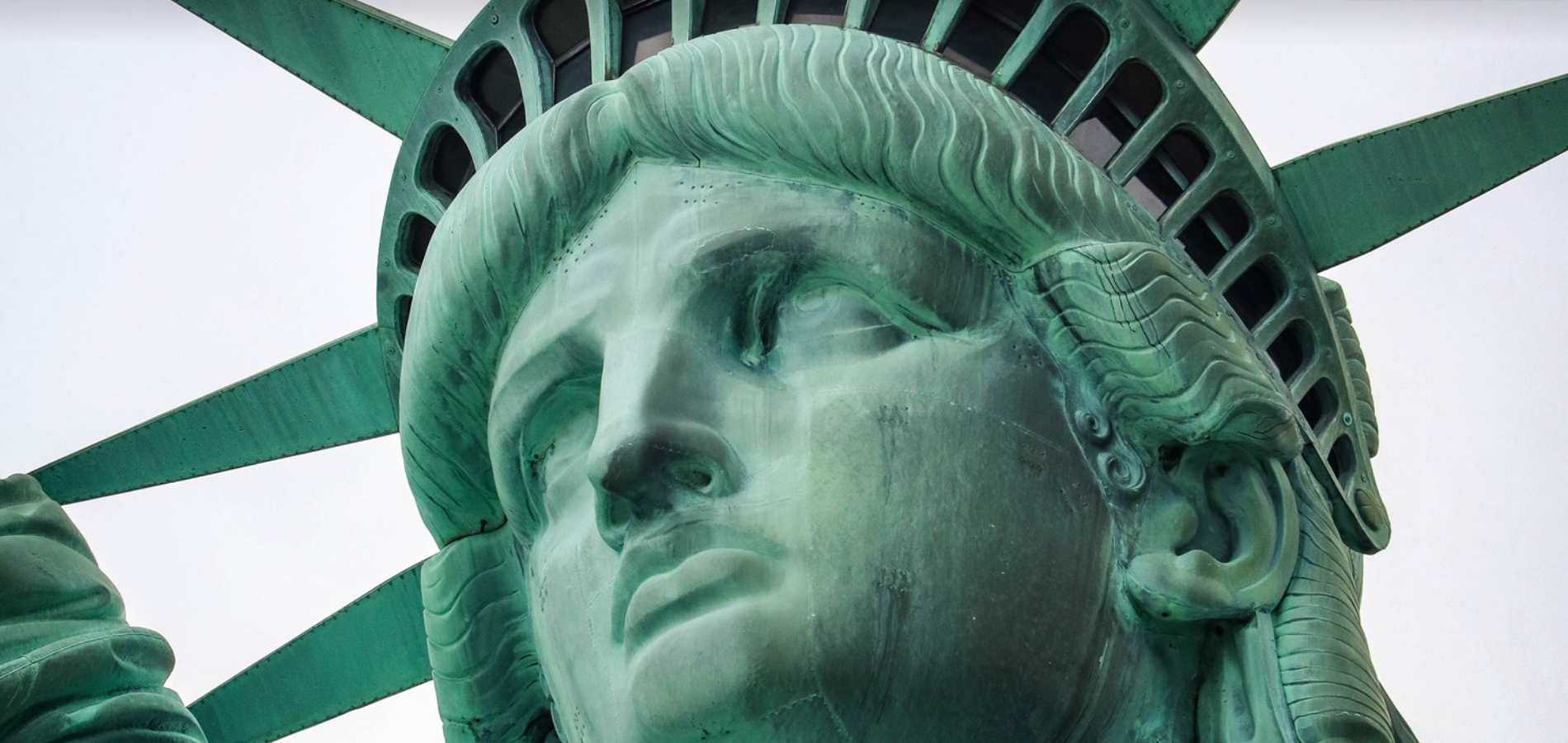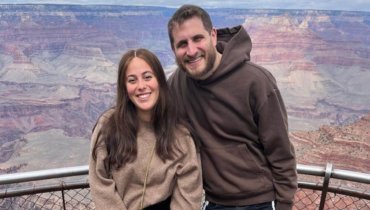Leonard Cohen’s Orthodox Jewish Upbringing and Shabbos Observance
Beloved singer-songwriter Leonard Cohen died last week at the age of 82. Most famous for penning the hauntingly poignant ballad “Hallelujah” among other songs in the past 40 years, as well as poetry and novels, not many people were aware that Cohen was born and raised Orthodox, spent some time involved in Buddhism then returned to his own form of Jewish observance in the 1980s. He was a practicing Jew until his death.
His mother’s father, Rabbi Solomon Klonitsky-Kline was known as Sar HaDikduki, the Prince of Grammarians, who wrote a thesaurus of Talmudic interpretation and was the principal of a yeshiva in Kovno. His other grandfather, Rabbi Lyon Cohen, helped found the first Zionist organization in Canada as well as the Congregation Shaar HaShomayim, the Orthodox shul at which Cohen davened.
Cohen was a revered member of Shaar Hashomayim. Cohen said in Jeff Burger’s book Leonard Cohen on Leonard Cohen: Interviews and Encounters, “When I read the Psalms or when they lift up the Torah, ‘Etz chayim hi l’mah chazikim bah.’ That kind of thing sent a chill down my back. I wanted to be that one who lifted up the Torah. I wanted to say that…When they told me I was a Kohayn, I believed it… I wanted to wear white clothes, and to go into the Holy of Holies, and to negotiate with the deepest resources of my soul…That was poetry to me. And I think it’s available to everybody.”
He was proud to be Jew and had said, “I’ve inherited an extremely good religion, I have no need to change it….” He pushed aside the BDS bullies to stage a concert in Tel Aviv a few years ago, and charmed the cheering crowd with the biblical priestly blessing. He famously performed for Israeli troops during the 1973 Arab-Israeli war.
Despite investigating Buddhism and even becoming a Buddhist monk in Los Angeles, he remained a committed Jew. He once told Arthur Kurzweil, “In the Shema…there is only one thing going on, and don’t even suggest that there is something else going on. There is an absolute unity that is manifesting on this plane, and on all planes, and that nothing can compromise this understanding.”
Cohen’s father was a clothier and Cohen was known for often wearing suits and a fedora – an attire common among some Orthodox Jews. He also wore tefillin. After a brief interval of wearing the robes of the Dharma center at which he practiced, he returned to Judaism. He told Kurzweil, “It was only after studying with my old Zen teacher for many years, when I broke my knees, and I couldn’t practice-I began practicing Judaism, practicing a Judaism that I had never practiced. Laying tefillin every morning, and going through the Shemoneh Esreh, and really understanding that there were these eighteen steps – a ladder, and that these were a way of preparing yourself for the day, if you really penetrated each of those paragraphs. While starting from a very low place, you could put your chin up over the windowsill and actually see a world that you could affirm.”
He famously cancelled a series of UK concerts in 2013 when they were mistakenly scheduled for Rosh HaShanah and Yom Kippur. The New York Times commented in the past decade that he “is an observant Jew who keeps the Sabbath even while on tour.” He said, “I’m a member of my synagogue, I light the candles Friday night.” About his return to observance he remarked, “I had been interested, but I never really led a formal Orthodox life. I felt the appetite…’What is this tefillin?’ I inherited my grandfather’s… I had the bag, and I wondered… I began to look into them, to study them…and to try to make sense of them in the deepest way…I saw I really could use this material, how exquisite and skillful these prayers were, how they had been designed by minds that you have to incline your heads towards. These minds who designed these prayers or received the inspiration to design these prayers–these are incredibly subtle and exquisite prayers for lifting the soul. So I began to practice this form [of traditional Judaism] that was such a happy homecoming.”
In September on his 82nd birthday (a few days before Rosh Hashana), he released a song called “You Want it Darker.” In the song he sings “Hineni, hineni; I’m ready, my Lord.” and quotes the translation of the Mourner’s Kaddish “Magnified, sanctified be thy holy name.” The track features the Shaar Hashomayim chazan and choir in the background. Cohen was buried in the Orthodox tradition, in Shaar HaShomayim’s cemetery in Montreal, even before the news went public that he had died. May his memory be for a blessing.
If you found this content meaningful and want to help further our mission through our Keter, Makom, and Tikun branches, please consider becoming a Change Maker today.







